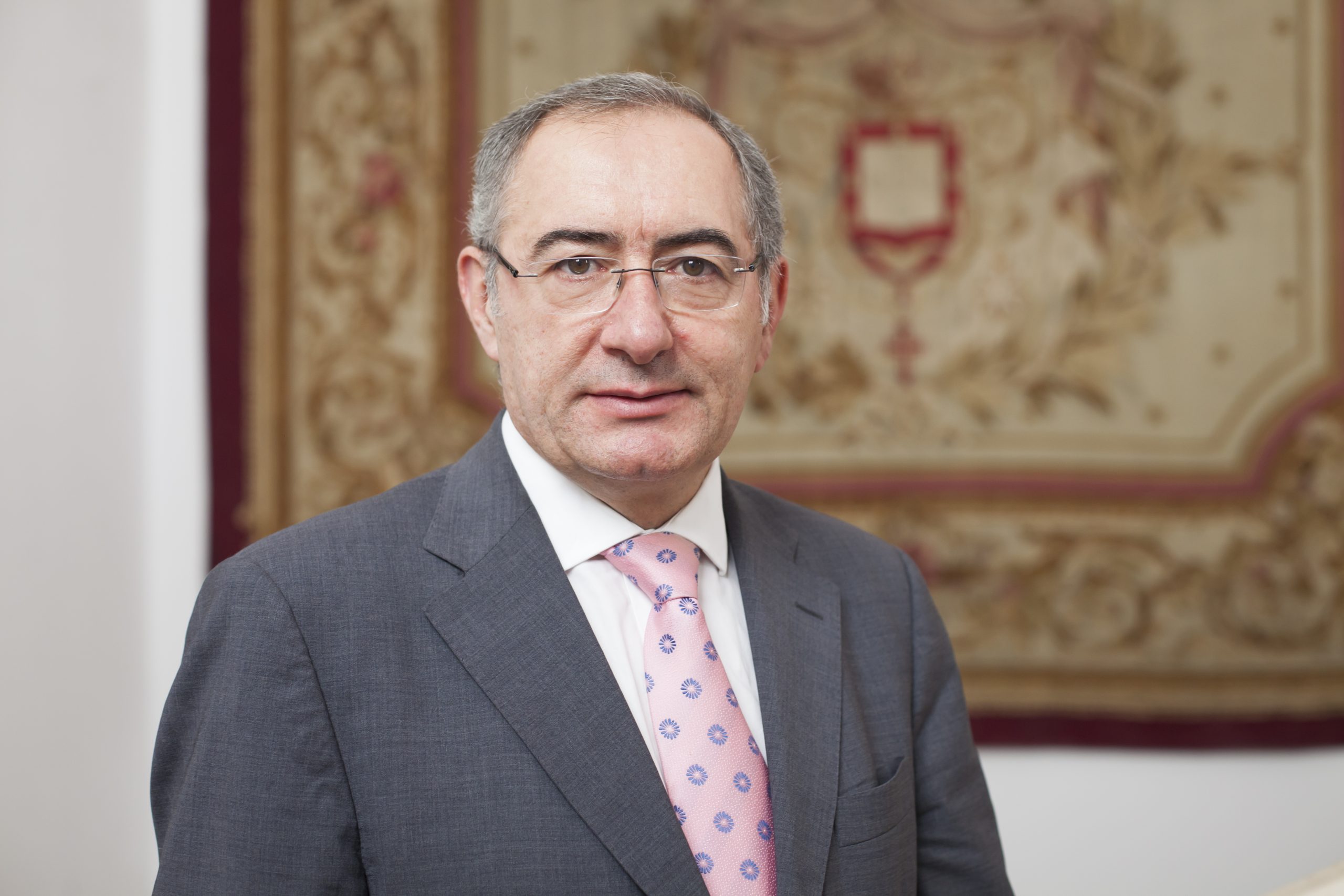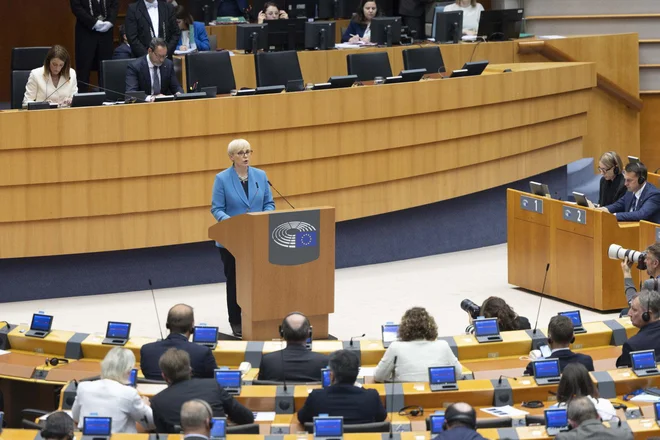Wise longing

Portugal forgotten with itself is ashamed of claiming that the Portuguese soul is called longing, does not realize it for the future. But let’s talk first about Penélope, a wife of Ulysses, a hero who in Odyssey returns the house after the Trojan war narrated in the Iliad, all past or told – here is the same – almost thirty centuries ago! Ulysses, king of Itaca, travels with his nautes between error, traps and obstacles for twenty years, wide time to impose the obvious widowfish and consequent new husband in the face of the emptiness of the royal throne. His spousal, confident and wise loyalty in the return of Ulysses, gives him cunning hidden in a proposal to delay the ambition and lust of the dozens of suitors who plague the palace: will weave a flax veil after which he will marry again, if Ulisses do not return; However, to the hidden, each night it undoes what weaves during the day in the always unfinished veil. Ulysses returns by beating the ‘arc proof’ and reoccups the throne. Penelope’s longing was not lost in a past of pain and absence, but had hope to make a veil of the future.
The technocrat elites that mislead us and those of the Caviar scored leftism show sickly disdain by the word longing. They find it old, maybe get it right, but what hurts them most is to know it inherent in portugality. However, longing is creative in a unique tension between memory and desire, catalyzing absences capable of creative, future presence.
Teixeira de Pascoaes, a poet of the return to paradise and prosecutor of the art of being Portuguese, has spent his life telling us that longing is such a Portuguese thing that he knows her intradisable, that is, what we say, the other languages will never say. In addition to this word adds others whose ultimate resonance of « mysterious, vague and indefinite feature » we can peer into « remote, wilderness, hidden, moonlight, fog, fear, shadow, etc. ». To think about longing is to go far beyond loneliness or melancholy, deprivation or nostalgia, feelings that other tongues and latitudes can seek memories felt, that is, the past opens absences in the present and irreparable time. One of our writers, in advance nostalgic, D. Francisco Manuel de Melo, says of the longing « to be an evil, of which one likes, and a good that suffers » and Garrett sees in it « a bitter taste of unfortunate/ delicious to punch a thorn. » In addition to these paradoxical fauations, longing has risen to transcend feelings, living recall passes the creative intuition, woven, such as the linen of the linen of Penelope, made and redone, creating real tension between being and nothing, exists and there is no, until faith transcends immanence. The return to the paradise of Pascoaes is the longing of the embedded and dormant sky in the human soul waiting to be agreed. For her we are always Ulysses in the return home, hope of the eternal address to fulfill. The same we see in Camões when the Lusíada Nauties as they returned from India which is our Odyssey, they find the island of love, a divine ie « that Venus through the waves carried them/ as the wind carries white candle », that is, the love is moving rather than the stresses human structures. The longing is the longing of God. It may or may not necessarily find it in navigation to Bolina because besides those of features, there are always contrary winds. In them, the subtle Lusa Cunning helps, so we hear the voice of God.
Centuries before the Greek Odyssey Solomon asked for an intelligent heart capable of ruleing the people and discerning between good and evil, and God, seeing that he had not asked long life or riches, gave him a « wise heart as there was no or another, » says the Bible. In Penelope there is hope, in Solomon Faith. Longing is wise, lives in the Portuguese soul in hope and faith, so we ‘miss’ to have the health that love gives. Blind, our elites refuse us the longing for what we are. Without it we lack the future. Who gives us Portugal?








